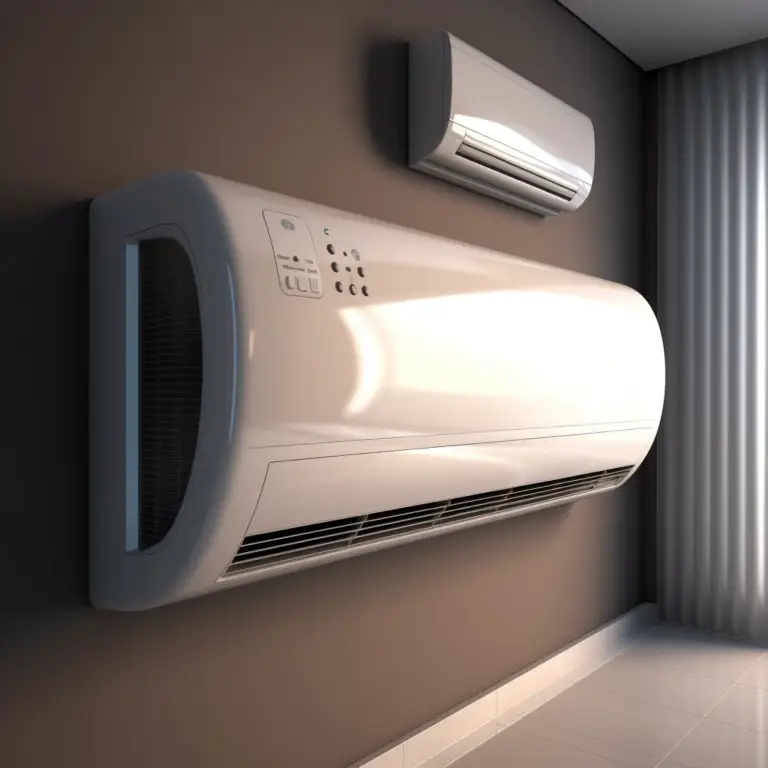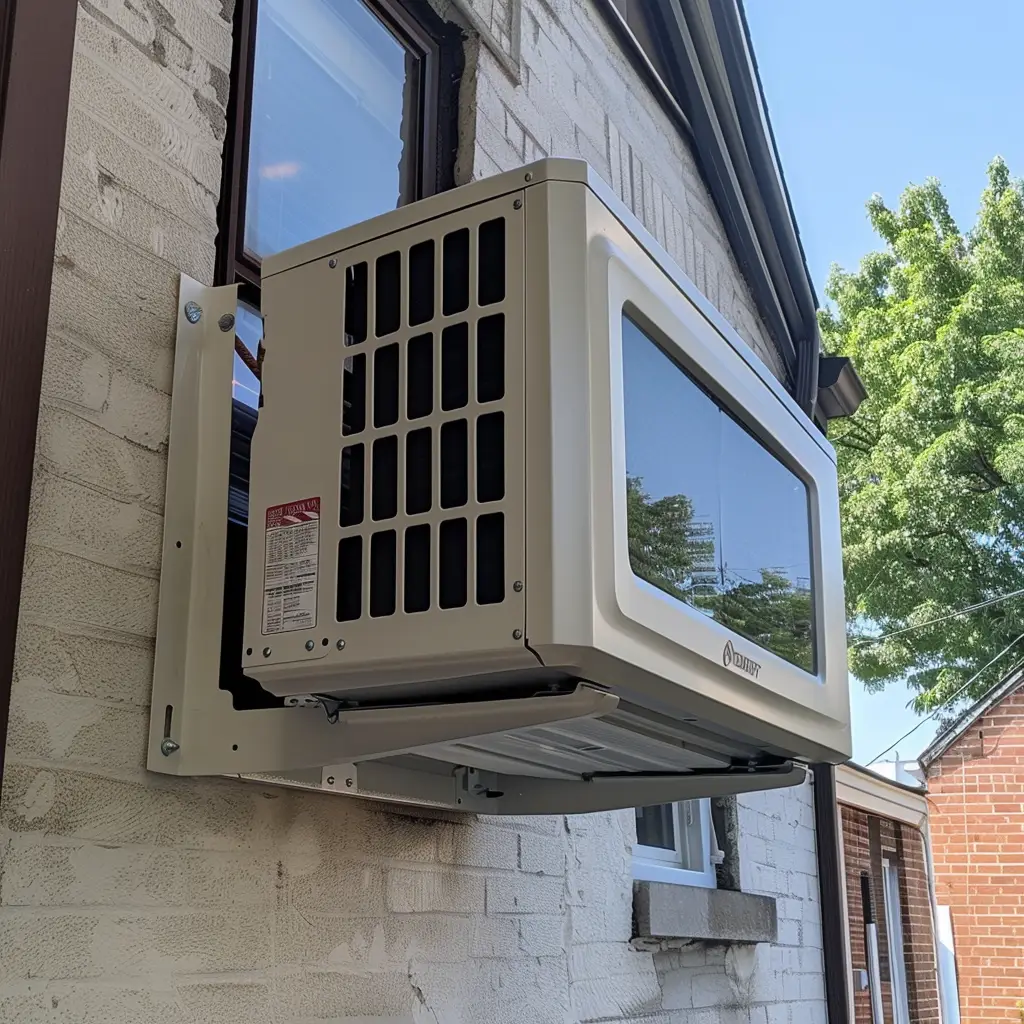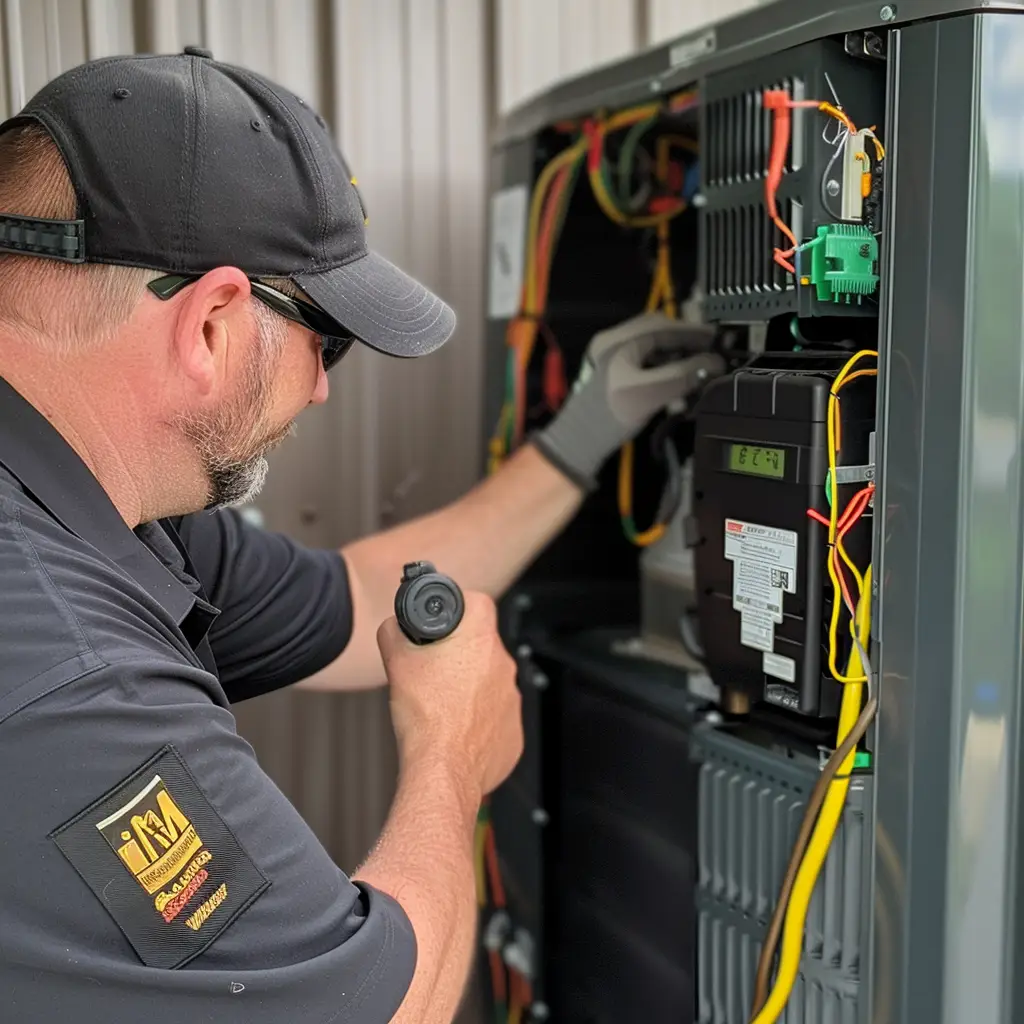Have you ever come home on a hot summer day, turned on your air conditioner, and felt a wave of warm air? That’s not the refreshing relief you were expecting, right? Let’s dive into why this might be happening.
Reason 1: Dirty Air Filter
Your AC unit’s air filter is like its lungs. It filters out dust, pollen, and other particles from the air. But what happens when these filters get clogged up? The answer is simple – your AC starts blowing warm air.
Explanation
When the air filter becomes too dirty, it can block the airflow, causing the air conditioner to struggle to circulate cooled air. This could result in your AC system blowing warmer air than usual.
Signs of a Dirty Air Filter
You might notice less airflow, dust around the vents, or even higher energy bills. If you observe these signs, it might be time to clean or replace your air filter.
Reason 2: Refrigerant Leak
The refrigerant is the key ingredient that your AC unit uses to cool the air. But when there’s a leak, it can’t do its job properly, and you’ll end up with warm air.
Explanation
A refrigerant leak can reduce the system’s efficiency, causing it to blow warm air. It’s a more serious issue and usually requires a professional to repair it.
Signs of a Refrigerant Leak
Notice any ice buildup on the outdoor unit or hear a hissing noise? These could be signs of a refrigerant leak.
Reason 3: Thermostat Settings
Believe it or not, your thermostat could be the reason why your AC unit is blowing warm air.
Explanation
If the thermostat is set to heat instead of cool, or the fan setting is set to on rather than auto, your AC unit might blow warm air.
Adjusting Thermostat Settings
Check your thermostat settings. Ensure it’s set to cool and the fan setting is on auto. If it’s still blowing warm air, you might need a technician.
Reason 4: Condenser Unit Issues
The condenser unit, located outside your house, could also be the culprit behind your AC’s warm air.
Explanation
Signs of Condenser Unit Issues
Watch out for a noisy outdoor unit or reduced cooling efficiency. These might be indications of condenser unit issues.
Reason 5: Air Duct Leaks
Air duct leaks can cause warm air to infiltrate your AC system, reducing its cooling efficiency.
Explanation
Air duct leaks allow cooled air to escape and warm air to enter, resulting in your AC blowing warm air.
Signs of Air Duct Leaks
Keep an eye out for hot spots in your home or inconsistent temperatures between rooms. These could signal air duct leaks.
Trust AirPoint to Keep Your AC Blowing Cool Air
The next time you find your AC unit blowing warm air, remember these top 5 reasons. Regular maintenance is crucial to prevent these issues. And when it comes to reliable HVAC services, trust AirPoint, a Carrier factory authorized dealer and NATE certified company in Toronto. Our HomeStars Best of the Best 2023 award and stellar 5-star ratings on Google and HomeStars reflect our commitment to quality. Rest assured, our technicians are fully certified by TSSA, HRAI, and CSA, guaranteeing efficient and professional service.
Follow this troubleshooting guide by EIGHTIES NUT for more information on how to stop your AC from blowing warm air
Frequently Asked Questions About AC Units Blowing Warm Air
How often should I change my AC air filter?
It's generally recommended to change your AC air filter every 60-90 days. However, if you have pets or live in a dusty area, you might need to change it more frequently.
What should I do if there's a refrigerant leak in my AC unit?
If you suspect a refrigerant leak, it's best to call a professional. Handling refrigerants requires specialized training and equipment.
Can incorrect thermostat settings damage my AC unit?
Incorrect settings can strain your AC unit, leading to wear and tear over time. Always ensure the settings are correct for the season.
How do I maintain my AC's condenser unit?
The condenser unit should be cleaned at least once a year. Also, ensure there's no debris or obstruction within 2 feet of the unit.
Are air duct leaks common?
Yes, they are. Studies show that typical duct systems lose 25-40% of the heating or cooling energy put out by the central furnace, heat pump, or air conditioner.





